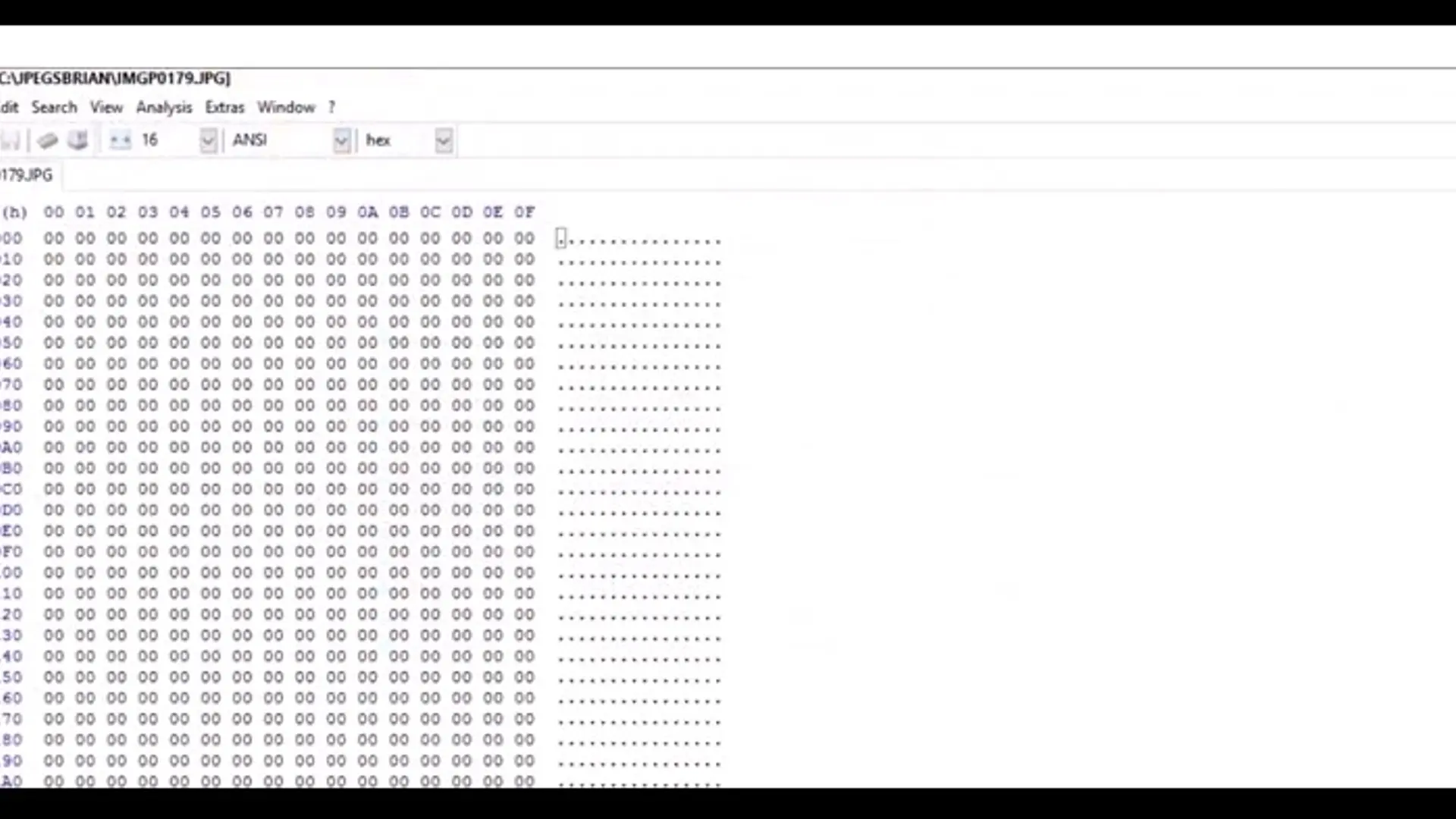

Why you should avoid using your debit card online

While debit cards and credit cards have been around for many years now, most people resorted to using cash to carry out most of the transactions, but following the demonetization move by the Modi-led Government in 2016, a huge portion of citizens in the country resorted to cashless transactions, either via their debit card, credit card or e-wallets. This was primarily because of the lack of physical cash in circulation, which inevitably caused a huge spike in the number of cashless transactions in the country - with people relying solely on card transactions to make purchases - online and offline.
In fact, a new record that will sit well with the Government’s digitization drive, the Reserve Bank of India announced in a statement saying that a billion digital and cashless transactions were recorded in January 2018, totalling to a whopping Rs.130 trillion. While financial experts have assured people of the safety of using plastic cards to make transactions online and offline as well, there are some reasons why you should avoid using your debit card to shop online and we’ve highlighted a few risks involved that you should keep in mind when shopping online. Let’s discuss further.
The increase of online fraudulent activities
We possibly have read about such instances where a customers bank account details were stolen and he/she lost their money in their account in a fraction of seconds and believe such tales to be of consideration abroad, but unfortunately, such practices have caught a grip over our country as well. Fraudsters are using illegal practices such as skimming (duplicating the details of one’s card - debit and credit), phishing (stealing one’s account details online) and so on, to make a quick buck. Millions of rupees are stolen each day and the numbers are ever increasing because people are relying on card transactions for their day to day shopping either online or at merchant establishments.
The difference between your credit and debit card money stolen
Take for example that your debit card details have been stolen and almost overnight the money in your account is swiped clean. Now, when a customer makes a transaction using his/her debit card, he/she is directly using money from their bank account. In such a case, any fraud involving a debit card will result in all the money in the customer’s card being susceptible to fraud. In the case of a credit card, the money is lent from the bank and is then loaded onto the card, and in a case of fraud, only the amount loaded on the card is susceptible. With regard to credit cards, reporting a case of fraud will be taken care of quickly as the money is the bank’s, and they will look into the matter without delay. On the other hand, for debit card fraud, the process is tedious and in most cases, the money is stolen forever - and it’s probably all the money you had in your account. In short, for credit card fraud, you won’t actually lose any money if you report the case soon enough. But for debit cards, your money is all stolen then you have to start investigating the crime and following end number of approvals, you just might get your money back.
Not all websites are secure
When shopping online, always ensure that the website you are shopping on is secure. If not, any transaction made on the site is susceptible to fraud. Unfortunately, there are thousands of sites out there that are developed just to steal the card details of customers across the globe. Only if the website is secure (a sign by the website’s URL), should you proceed to browse or make transactions online.
Websites prefer to save your card details
In the final stage of making a card transaction online, most websites and e-commerce sites ask you if you wish to save your details online for later and more convenient transactions. When one decides to save his/her card details online, the details of the customer are integrated into the website's database. While the process might seem more convenient for you and the online vendor, a single hack to the database of the website will leave your card details in the hands of hackers and fraudsters, and we all know what they are capable of.
Considering that debit card transactions are not entirely safe, it is important to look at other modes of making payments or transactions online. We’ve already established that credit card transactions are less of a danger and even if your money is stolen, the bank will investigate the matter and retrieve it, so, the next option should be virtual debit and credit cards. Before making an online transaction, customers can generate a virtual debit or credit card to complete the transaction.
The virtual credit or debit card lasts just for a day or for that particular transaction and the most important aspect of it is that it masks the actual card details of the customer when making a transaction. The layers of security involved ensuring that there is no chance the details of the card can land in the hands of a hacker or fraudster. Other than that, customers should ensure that they choose to make online transactions with their credit card rather than their debit card, shop on sites that are secure and reliable and never store their card details on a particular site no matter how many times one shops on them.







